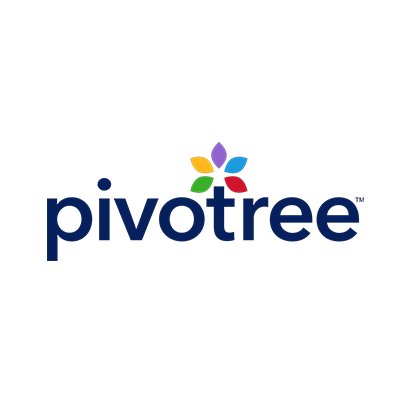With International Women’s Day taking place in March, this time of year marks an important opportunity to learn about the contributions of women to society, as well as to come together to address the inequalities that still exist in the workplace today.
Simultaneously, the world is also recognizing a different anniversary: the first COVID-19 lockdowns that took place in March 2020, when workforces were sent home for what we hoped would be two weeks. Two years later, most employees in the corporate world find themselves continuing to work from home while juggling their personal responsibilities in the same space.

McKinsey & Company, a management consulting firm, releases a yearly report titled ‘Women in the Workplace’, the largest study of women in corporate America. The report analyzes women’s sentiment on the most effective diversity, equity and inclusion (DEI) practices and explores the intersectional experiences of different groups of women at work.
In 2021, the Women in the Workplace report found that women in the corporate world were even more burned out than they were in 2020, particularly in comparison to their male counterparts. The report found that in spite of the added stress from the COVID-19 pandemic, women rose to the occasion as stronger leaders, while also taking on the extra work: compared with men at the same level, women did more to support their teams and advance diversity, equity and inclusion efforts, yet this work went unrecognized by most companies.

As a result of this burnout, many women at senior levels began considering less demanding jobs for the first time in their careers. Between their regular duties, the extra work COVID-19 brought, and their responsibilities at home, many women found 2020 and 2021 to be some of the hardest working years of their lives.
When I saw the 2021 report last month, the quotes and findings within it really resonated with me. I’ve been climbing the corporate ladder since I joined Pivotree in 2008, and have taken on a variety of roles, from head of service delivery to strategic account management. I found the pandemic especially difficult, as clients I had worked with for years were all of a sudden declaring bankruptcy and the tough conversations about finances and job security fell to me and my team.
In spite of those situations, our team exceeded our KPIs and had a fantastic year – but I was at my limit. My career had always been about taking on new opportunities and moving up, but for the first time I took a look around me and couldn’t answer the question “what’s next?”. That coupled with my need to take a break led me to stepping back from my senior leadership role, to focus on managing Pivotree’s relationship with one of our largest retail clients. For the first time in my career, I had taken a non-strategic step back to focus on myself, and it was worth it.

My break helped me focus on what I wanted to do, and more importantly what I didn’t want to do for my next role. It gave me exposure to how one of the largest retailers in the world runs their business, and I gained an understanding of what is important to them and what they think about daily. It also allowed me to improve skills that I didn’t use everyday in my previous role, helping me learn a lot about our company and how it actually delivers its services. In short, stepping back allowed me to gain perspective on how we service our clients, and gain valuable delivery and sales experience to bring with me moving forward.
I think it’s important to take a step back every so often and make sure we’re doing what makes us happy, especially as women in tech. This doesn’t need to feel like a failure – I want women to know that it’s okay to focus on yourself and accomplish different things in order to come back stronger.
As of this month, I’ll be returning to a senior leadership role as VP, Operations, Supply Chain, a role which may have not been in my direct promotional path previously. I’m grateful to Pivotree and my colleagues for supporting my career path throughout this process; now, not only am I bringing along valuable insights from the client experience I’ve acquired over the past thirteen months, but I’m also bringing a happier version of myself to work, which will allow me to step back up more meaningfully.
This article is written by Elizabeth Scott, VP, Operations, Supply Chain at Pivotree





